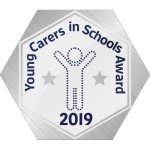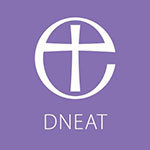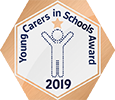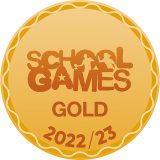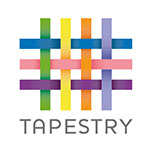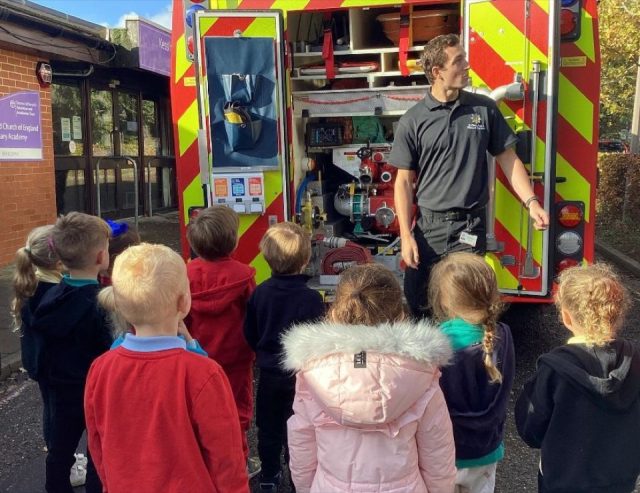
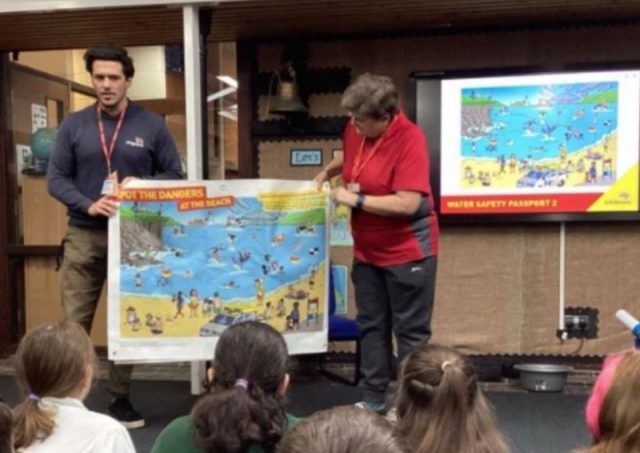
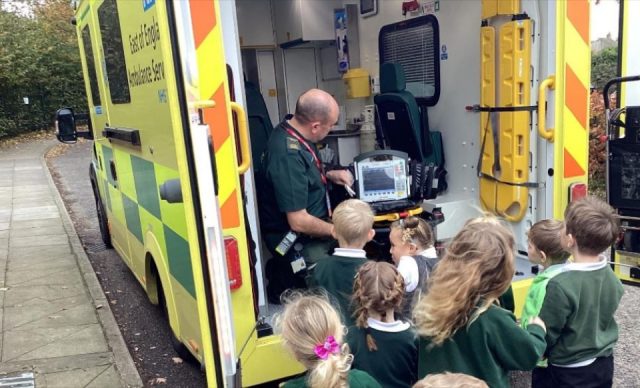
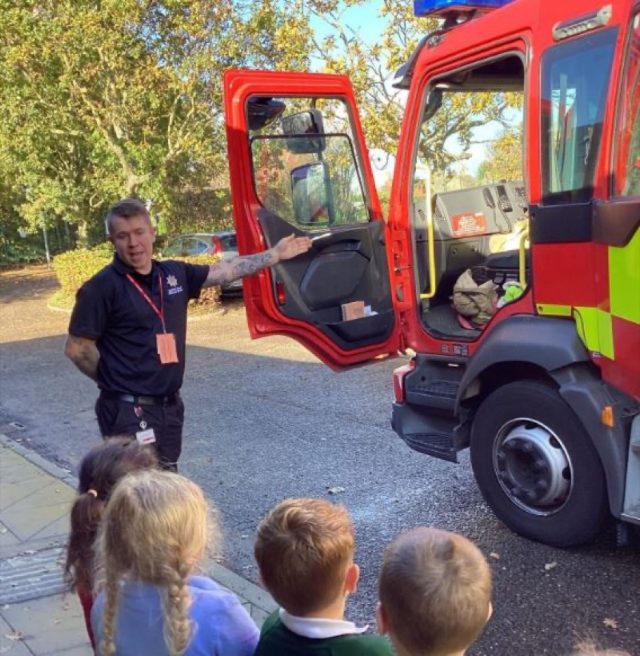
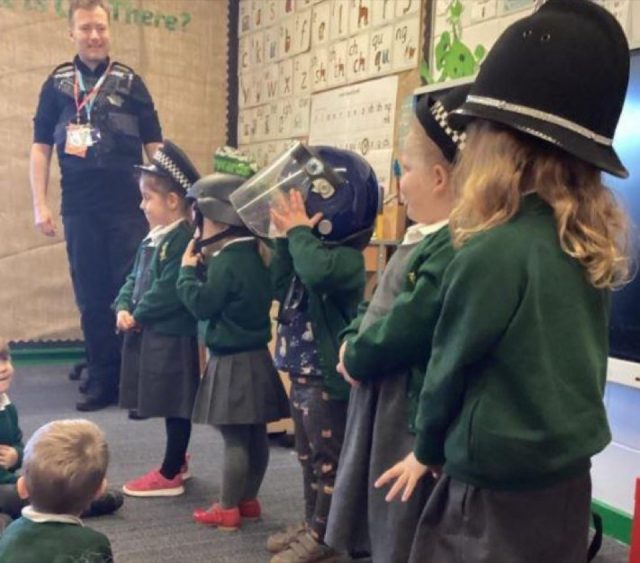
“Be the change you wish to see in the world”
– Mahatma Ghandi
Intent
PSHE and RSHE are statutory requirements for all children in primary and secondary school. At Kessingland Church of England Primary Academy, we call these lessons Skills for Life and we use ‘SCARF’ to support the planning and resourcing of lessons.
Skills for Life lessons are underpinned by a clear set of embedded values and principles that complement the school ethos and permeate through the teaching practice, resources and classroom management of Skills for Life lessons. Our school values which drive the vision are; Friendship, Trust, Aspiration, Responsibility, Perseverance and Respect.
Skills for Life covers vital units such as: families and people who care for me; caring friendships; respectful relationships; online relationships and being safe, in order for children to build respectful and health relationships. Units such as mental health, online safety and harm, physical health and fitness, healthy eating, drugs, alcohol and tobacco, health and prevention, basic first aid and changing adolescent bodies will give children information and skills to make informed and healthy options for future lifestyles. With a comprehensive sequence of lessons and a progressive curriculum, we aim for children to be safe and live a healthier physical and emotional lifestyle and for improved academic outcomes.
Skills for Life lessons will encourage discussions, opinions, and debates in a safe environment. Children will have the opportunities to develop critical thinking, resilience, compassion, empathy and understanding. They will gain the knowledge needed to build successful, respectful relationships and make informed decisions, equipping them for not only their time in school, but also beyond. We aim for the curriculum to be comprehensive, purposeful, ambitious, relevant and inclusive, providing our children with the skills and knowledge they need to lead a remarkable life.
Implementation
To ensure high standards of teaching and learning in Skills for Life, our curriculum is progressive throughout the whole school.
Key Concepts: safety, care, achievement, resilience and friendship
Domains of Knowledge: me and my relationships, valuing difference, keeping myself safe, rights and responsibilities, being my best and growing and changing
EYFS:
In the Early Years Foundation Stage, Skills for Life is about making connections; it’s strongly linked to child-led activities, including play. Skills for Life is taught through activities that are part of topics, as well as on an individual basis, to develop personal skills such as dressing, feeding and toileting. Positive experiences are built through daily opportunities, to share and enjoy a range of different activities. Children are given the opportunity to engage in social activities, as members of a small group or during whole-school activities. Both Nursery and Reception also teach a discrete Skills for Life lesson following the SCARF programme each week.
KS1 and KS2:
The SCARF programme divides the year into 6 themed units:
| Me and my relationships | This unit includes content on feelings, emotions, conflict resolution and friendships. |
| Valuing difference | This unit focusses on respectful relationships and British Values. |
| Keeping Safe | This unit looks at keeping ourselves healthy and safe |
| Rights and respect | The children will learn about money, living in the wider world and the environment. |
| Being my best | This unit focusses on developing skills in keeping healthy, developing a growth mindset( resilience) goal setting and achievement. |
| Growing and changing | The children will find out about the human body, the changes that take place from birth to old age and being safe. |
Within the units above, the statutory curriculum will be covered:
| Relationships Education | Families and people who care for me Caring friendships Respectful relationships Online relationships Being safe |
| Health Education | Mental wellbeing Internet safety and harms Physical health and fitness Healthy eating Drugs, alcohol and tobacco Health and prevention Basic first aid Changing adolescent body |
Work is recorded either in children’s wider curriculum books or in class floor books. The books show the wide range of topics taught and also demonstrates progress. Assessment grids are kept in order to track progress and assess children’s attainment. Enrichment: The school’s Skills for Life curriculum is enriched with themed days/ weeks e.g. Mental Health Week, dressing up for anti-Bullying Week etc. Alongside this, the children receive interactive online sessions delivered through SCARF on key topics such as drug use. Visitors are welcomed into the setting e.g. dental nurse, mental health workers, school nurse, PCSOs etc. Year 6 children attend Crucial Crew workshops.
Impact
Skills for Life curriculum builds towards five end points, describing what we want our pupils to achieve in each of the disciplines by the end of Year 6:
End Point 1: Pupils will understand that everyone is unique in their own right. Respect will be shown to others’ beliefs and differences.
End Point 2: Pupils will have the understanding of how to keep themselves safe and healthy, both in ‘real life’ and online situations. Pupils will be equipped with the knowledge and skills of what to do if they ever feel unsafe.
End Point 3: Pupils will have the knowledge and skills to understand their own rights and responsibilities within the world. They will learn how to make informed decisions in order to be a good citizen. Pupils will develop skills to manage their own finances.
End Point 4: Pupils will have high aspirations for their future with a good understanding of how to achieve their goals. Pupils will know how to live a healthy lifestyle understanding the importance of a healthy body and mind in order to achieve their full potential.
End Point 5: Pupils will be prepared to deal with emotional and physical changes which may occur. Pupils will be aware of media bias and understand what stereotyping is.
Skills for Life is assessed against age related expectations of the National Curriculum and RSE statutory framework.
- Floorbooks are used to help teachers focus their teaching clearly and learn to enjoy Skills for Life. The books are used to assess progress, but also for children to look back on prior learning and to ensure ‘sticky knowledge’.
- ‘Pre and post’ unit assessments are used to capture individual children’s progress from their starting points.





